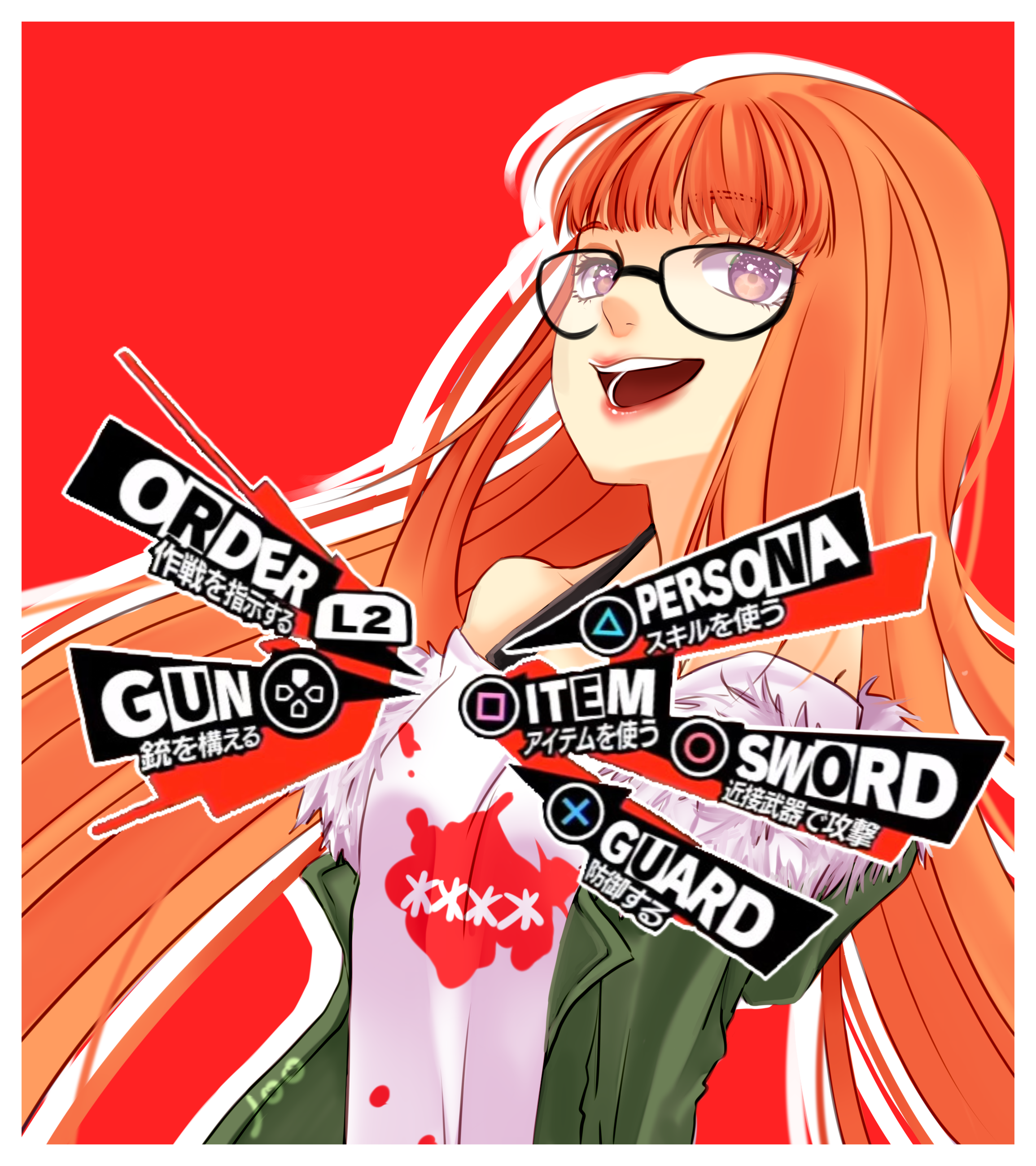



Sojiro attempts to rehabilitate her, even consulted numerous psychiatrists, but Futaba's state only deteriorates, until she ultimately refuses to leave her room. She is eventually rescued by Sojiro Sakura, a former associate of Wakaba, who later adopts her.Īlthough safe from harm, it becomes clear that Futaba was permanently scarred by the events of her mother's death. Locked in a room with no bed or any means to clean herself, Futaba begins to develop clinical depression and, later, schizophrenia. Her uncle, in particular, subjects her to physical and psychological abuse. Likewise, her surviving family resents her, and she is passed around from guardian to guardian. Futaba begins to blame herself for Wakaba's death, in part due to a forged suicide note that chastised her as a hassle that only held her back. While in the process of finishing up her thesis, Wakaba unexpectedly commits suicide, an event Futaba witnesses first hand. Constantly busy, Wakaba was unable to take much time off for Futaba, and Futaba began to resent how little attention she was paid in comparison to Wakaba's research. During her Confidant arc, she becomes visibly depressed when she recalls her elementary school years.įutaba had a strained relationship with her mother. Kana immediately deserted Futaba, leaving her friendless until she meets the Phantom Thieves. That friendship came to an abrupt end when, by accident, Futaba saw the inside of Kana's diary and memorized its contents. However, one student, Kana, found her skill impressive, and the two became fast friends. When the other students saw her do just that, they ostracized and bullied her. In elementary school, she attempted to showoff her skill by claiming she could memorize an entire bookshelf of titles with one glance. At an early age, she showed signs of genius-level intellect. Prior to the events of the game, Futaba was the daughter of esteemed researcher Wakaba Isshiki, a leader in the field of "cognitive psience".


 0 kommentar(er)
0 kommentar(er)
